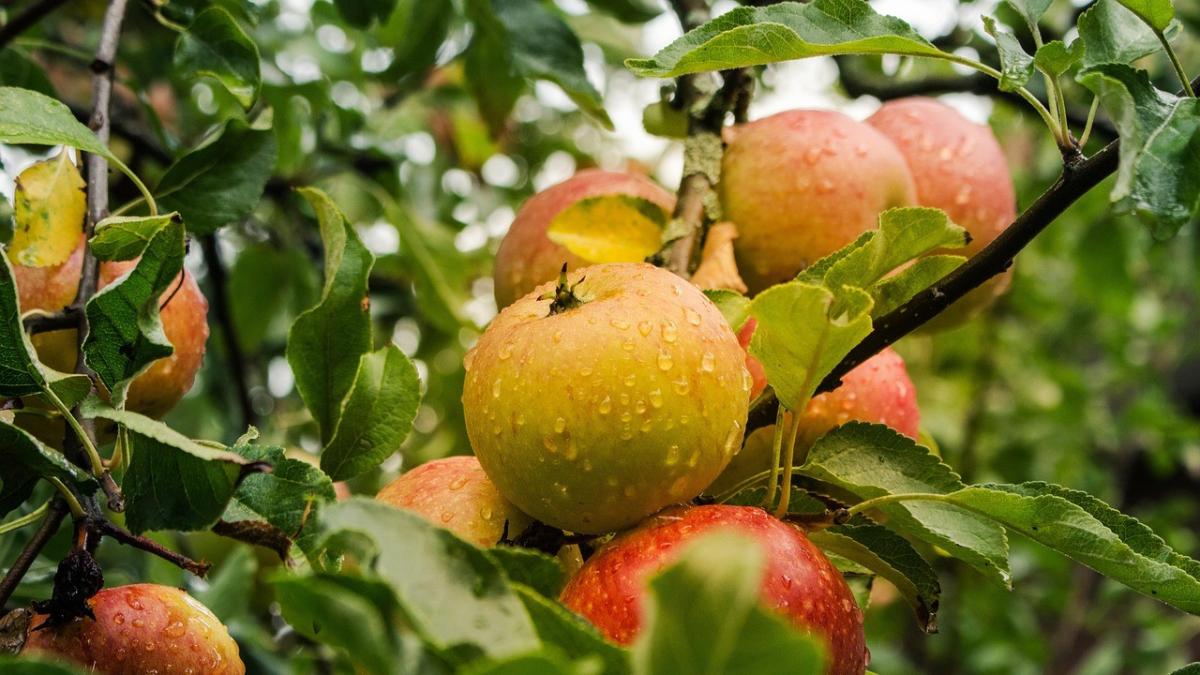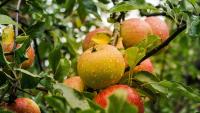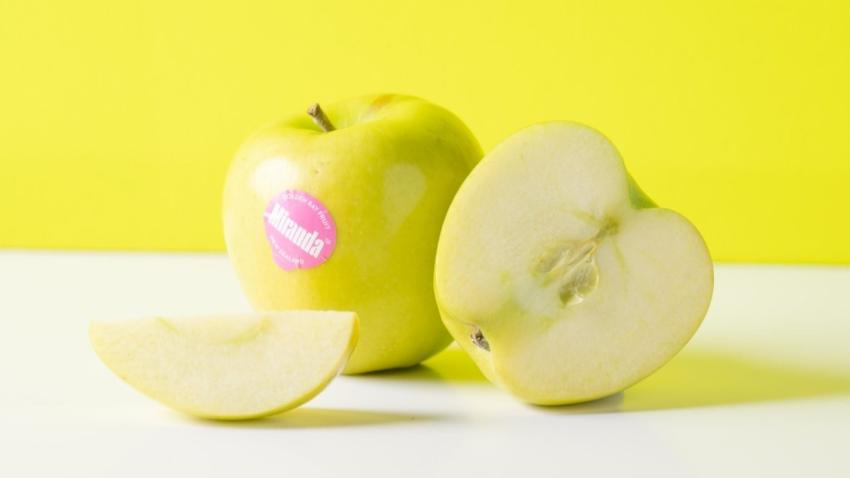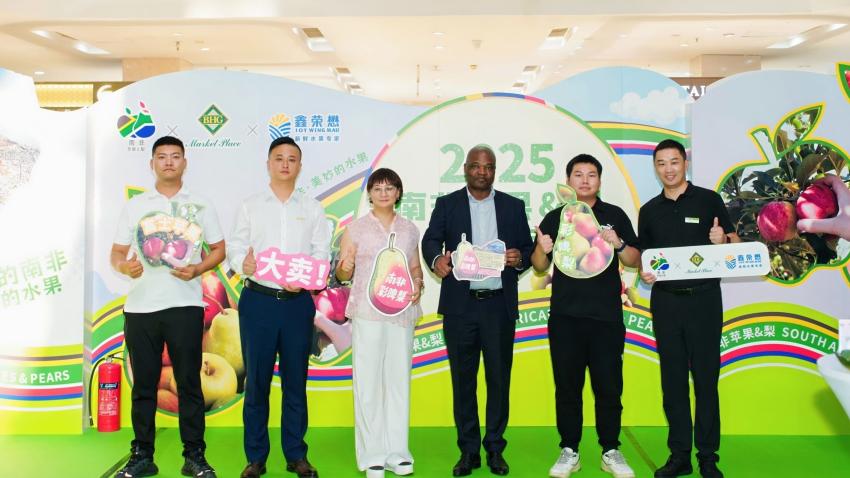You are here
Back to topMainland Australian Apples Granted China Market Access

On July 15, Chinese Premier Li Qiang and Australian Prime Minister Anthony Albanese held the 10th annual China–Australia Prime Ministers’ Meeting. Following their talks, the two leaders jointly witnessed the signing of several cooperation agreements covering trade, customs inspection and quarantine, agriculture, and other areas.
According to Australian media reports, the two sides signed phytosanitary protocols for the export of fresh apples from mainland Australia to China and for the export of Chinese red dates to Australia. Although Australian blueberries have not yet been granted market access, China has agreed to prioritize them in future negotiations.
Since 2010, China has only permitted apple exports from Tasmania owing to concerns over fruit flies. China is currently Australia’s largest export market for agricultural, forestry and fishery products, with exports totaling 16 billion Australian dollars (US$10.6 billion) in 2024. Apples are one of Australia’s most significant horticultural products.
In the 2023/24 season, the total value of Australian apple production exceeded AU$680 million (US$449 million), with an output of nearly 300,000 metric tons — 90% of which came from the mainland. Although some growers hope to begin exports to China immediately after harvest in February of next year, most will still need to adjust their varieties and quality standards. Export activities are expected to begin in May 2026.
Australia has developed several well-known apple varieties, including Pink Lady and Bravo. Currently, the main varieties grown in the country include Pink Lady, Royal Gala, Granny Smith, Fuji and Red Delicious.
Australia’s apple industry has long depended on the domestic market, with sales heavily concentrated in the two major supermarket chains, Coles and Woolies, leaving growers with limited bargaining power. The signing of the protocol with China now offers a valuable opportunity for Australian apple growers to reduce their reliance on supermarket giants.
Apple growers in Western Australia have announced plans to begin exporting the Bravo variety to China next year under the brand name Soluna. This apple features a deep purple skin and white flesh, offering a crisp texture and a refreshing flavor — mildly sweet with a hint of tartness. Commercial cultivation began eight years ago in Manjimup. In recent years, Soluna apples have been actively expanding into international markets, with a particular focus on the Middle East and Asia.
Image: Pixabay
This article was translated from Chinese. Read the original article.














Add new comment